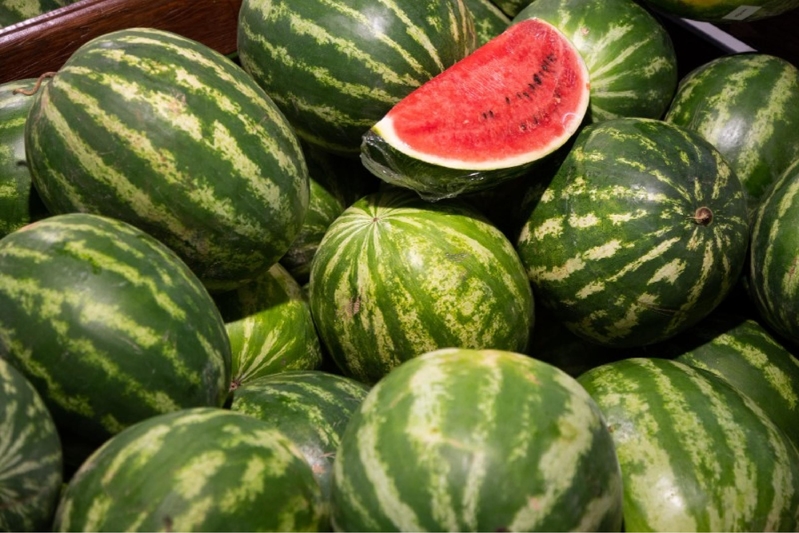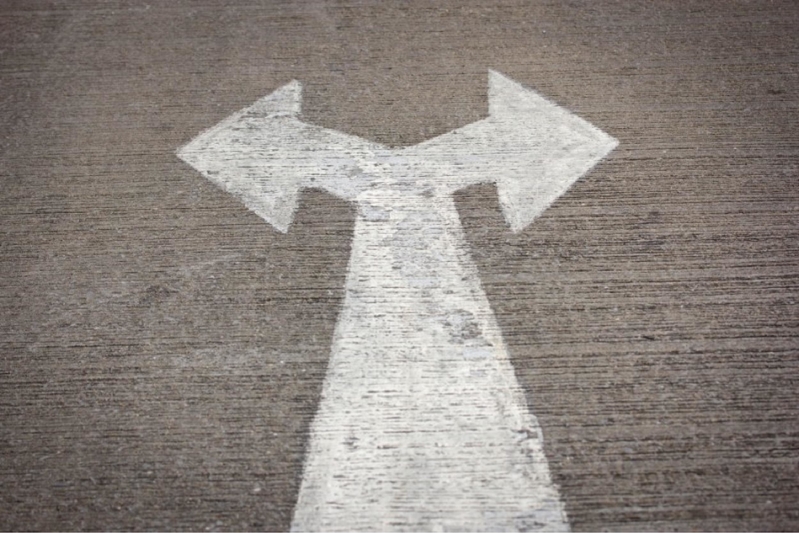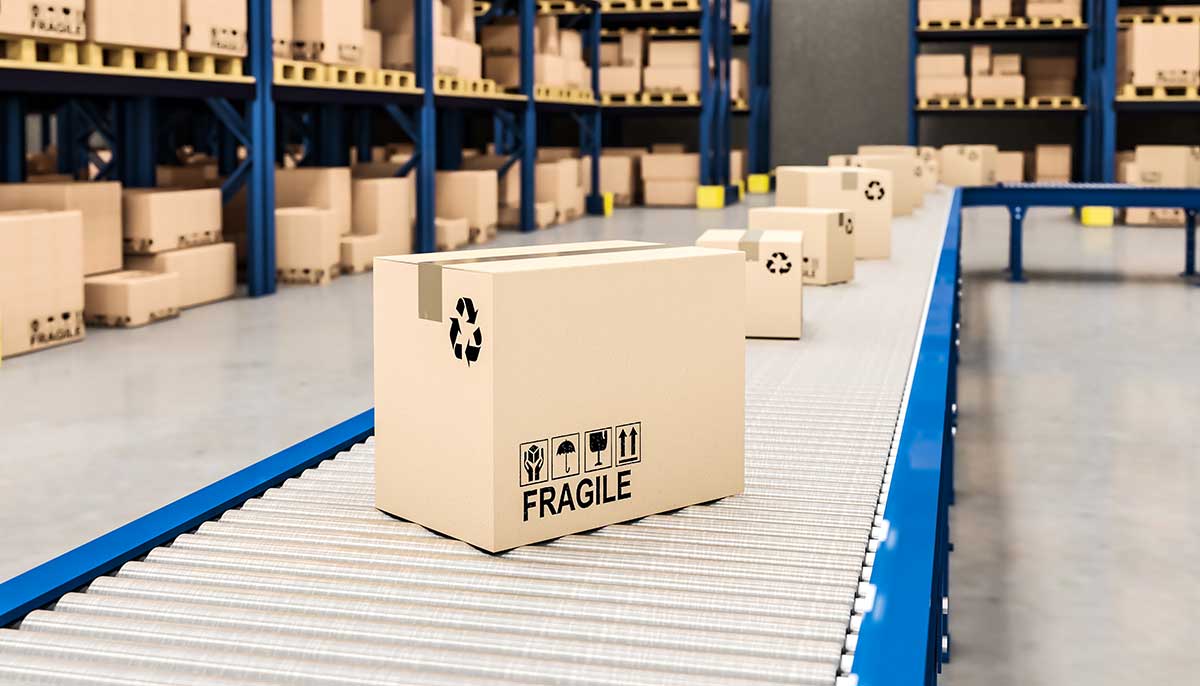Which option should I go with?
That is a critical issue that all business owners and entrepreneurs must answer to make the best decisions for their companies. We can assist you in making that choice.
We’ll go through the distinctions between the B2B and B2C business models, their advantages, and why you should choose one over the other.
What Are B2B and B2C?
A B2B company, or “business-to-business,” delivers services or products to other businesses. A B2C company, or a “business-to-consumer” company, sells to individual customers. Two distinct business models cater to various types of customers: businesses and direct to consumer.
What Is B2B and B2C with Examples
If the concept of B2B and B2C business models seems perplexing, consider the following example.

Assume you’re a farmer who specializes in watermelons. This year’s crop has been harvested, and you have 1,000 watermelons to sell. You must select if you will go the B2B or B2C route.
If you go the B2B route, you’ll need to locate a retailer who will buy your watermelons in bulk. This may be a supermarket, a restaurant, or a farmer in need of more watermelons. You’ll sell watermelons in bulk at a discount to another party, who will then offer them to consumers in some fashion.
Instead, if you opt to go B2C, you will open a farm stand. As a DTC (direct to consumer) food business, you sell watermelons directly to customers at this farm stand. You’ll have to devote more time to selling the watermelons, but you’ll be able to charge a greater price.
B2B vs B2C: Which Is Better?

Neither the B2B nor the B2C business models are intrinsically superior; each has its own set of advantages and disadvantages. The majority of businesses are better suited to one of the two models. Your goals, infrastructure, and industry will determine which model is appropriate for your company.
If you: Own a company that mass-produces goods, B2B may be the best option for you. This will enable you to take part in bulk shipments and develop contacts with companies all around the world.
Or:
You may provide drop shipping and handle the shipment for the businesses you sell to. Higher earnings are achievable, but only if the product is sold in sufficient quantities.
If you: Own a company that produce small quantities or resells multiple brands.
B2C may be the way to go if you want to provide smaller quantities of items or commodities with a short shelf life. These businesses require a greater inventory turnover ratio. Individual items generate more cash, but selling a large number of products necessitates more labour.
B2B vs. B2C: What’s the Difference?
The primary distinction between B2B and B2C businesses is the target market. B2B sales are made to businesses who resell the products, whereas B2C sales are made directly to consumers.
They do, however, act uniquely and provide unique benefits.
Compare B2B and B2C eCommerce
Many similarities exist between B2B and B2C Ecommerce enterprises (see what is eCommerce), but there are also some significant variances.
Here are four of the biggest differences:
Pricing models
For all clients, B2C enterprises offer a single tier of pricing that is only changed by sales or discounts. B2B companies frequently provide different tiers of discounts based on order amounts and frequency. Business-to-Business payments are also more diverse than Business-to-Consumer payments and are typically made on a net 30 basis (payment is due thirty days after the invoice date).
Customer service vs account management

Customer service reps are used by B2C eCommerce enterprises to answer frequent concerns and difficulties. Account managers are employed by B2C organizations to bring in new wholesale suppliers and keep in touch with them regularly to grow eCommerce sales and provide assistance.
Website structure
To attract customers and convert them, Business-to-Consumer sites require appealing landing pages. To keep the site up to date, this requires investment and devoted workers. They can also avoid the expenditures of a headless eCommerce site by using an online marketplace. Business-to-Business websites are primarily utilised as dashboards for businesses to access things they want to buy or account information. If the company uses a B2B online marketplace, the distinctions are the same. A line sheet is unlikely to be found on a B2C site.
Checkout structure
The phases in the checkout process change across B2C and B2B eCommerce systems as well. The checkout procedure in B2C is optimized to prevent customers from abandoning their shopping carts. In B2B, additional steps such as injecting human interaction options, adding multiple shipping addresses, or setting up an automated reorder point are frequently included in the checkout process.
B2B vs B2C Buying Process

Customers in the B2B and B2C sectors behave in very different ways, and their purchasing processes reflect this.
Here are a few examples of how they differ:
- The length of the buying cycle. B2B buyers are more deliberate and well-informed about their purchases. This is because their purchases are in considerably higher quantities, and their purchases have a significant impact on their own business. B2C customers are more likely to convert fast and are typically unaware of product variations.
- Emotional investment is important. Consumers in the B2C sector frequently make purchasing decisions based on their emotions. They may be influenced by advertising to link your product with joy, or they may be looking for a way to relieve frustration. B2B customers are far more calculated and data-driven. As a result, B2B marketing is far more informative, while DTC marketing is far more enjoyable.
- Those who are involved. Individuals or a small group of people are B2C customers. They are much easier to create a relationship with as a business because they can simply explain their demands and needs. B2B buyers frequently consult with many people and teams before making a purchase. Rapport can still be established, but it will take longer and need more effort on the part of all people involved.
Is it B2B or not B2B? That is the Question!
Now that you know the main difference between Business-to-Business and Business-to-Consumer business models, you can make the right decisions for your business. Remember, both models are capable of providing a business with a large volume of sales and push products.
The next step should be to investigate the various inventory control options available to you. This will allow you to keep costs low as your company expands.
Curious to see what types of products or niches can be operated as a wholesale business? Check out some amazing Business-to-Business wholesale suppliers, makers and manufacturers here.





